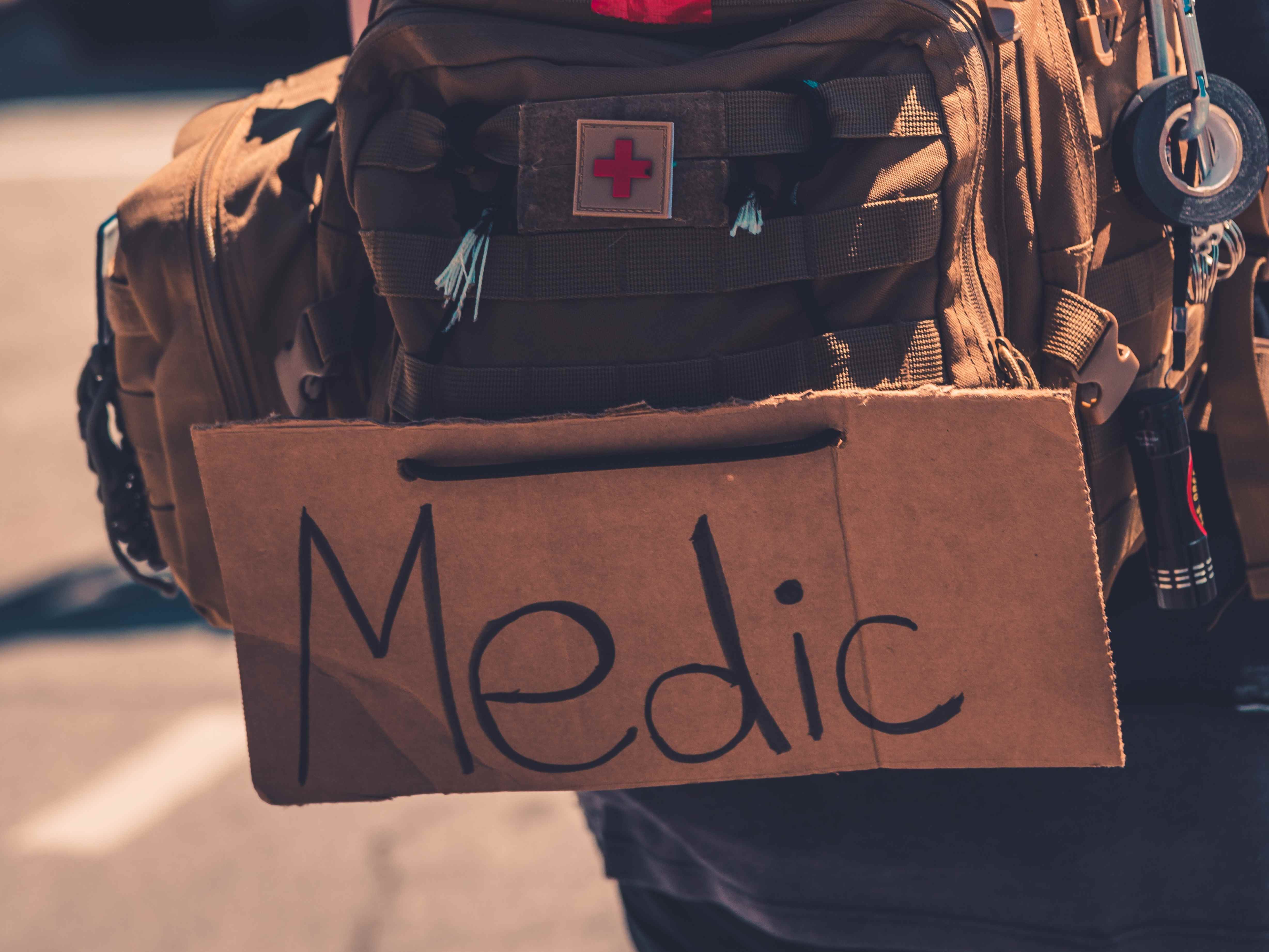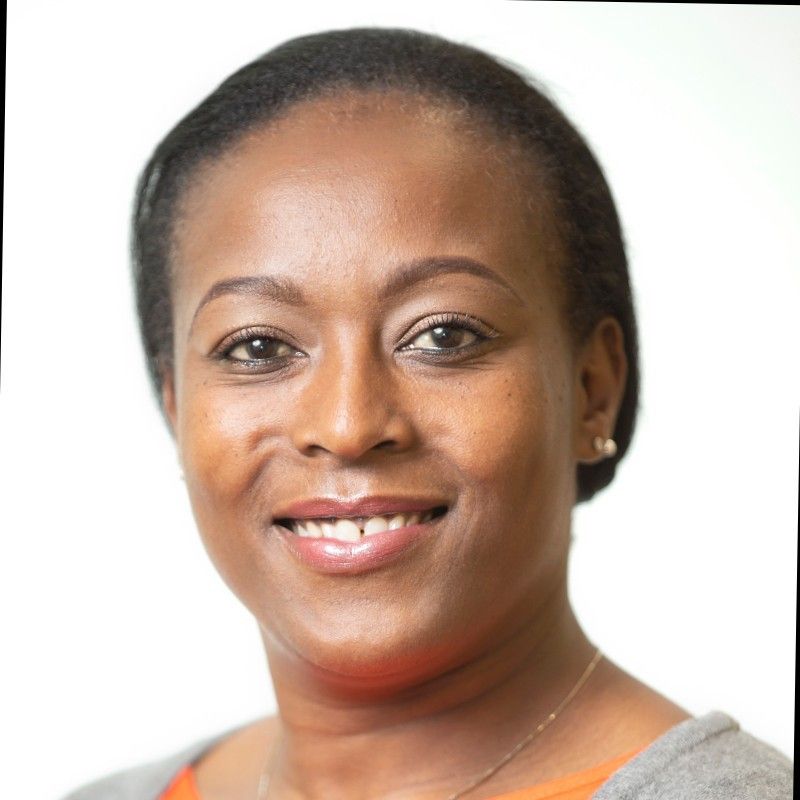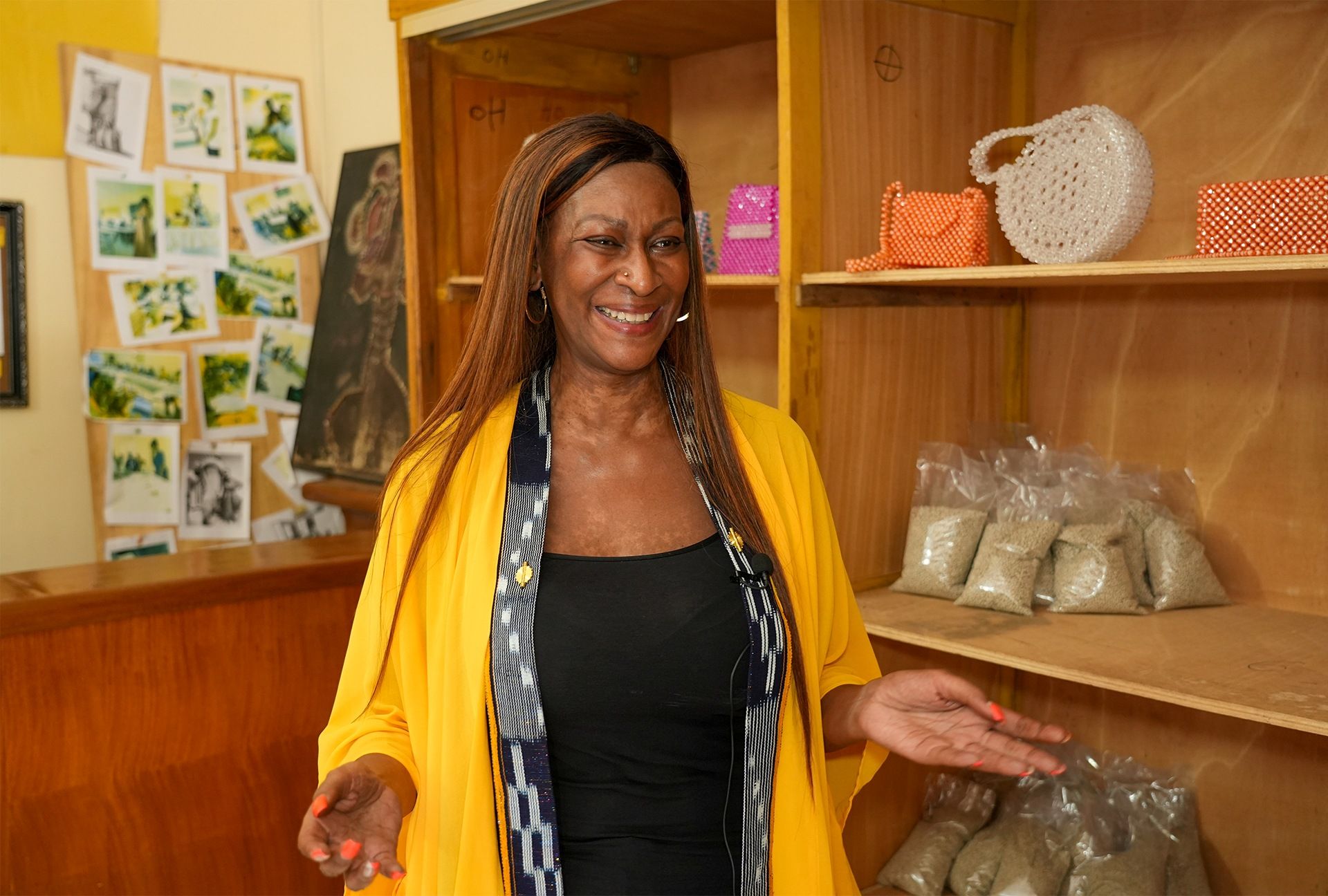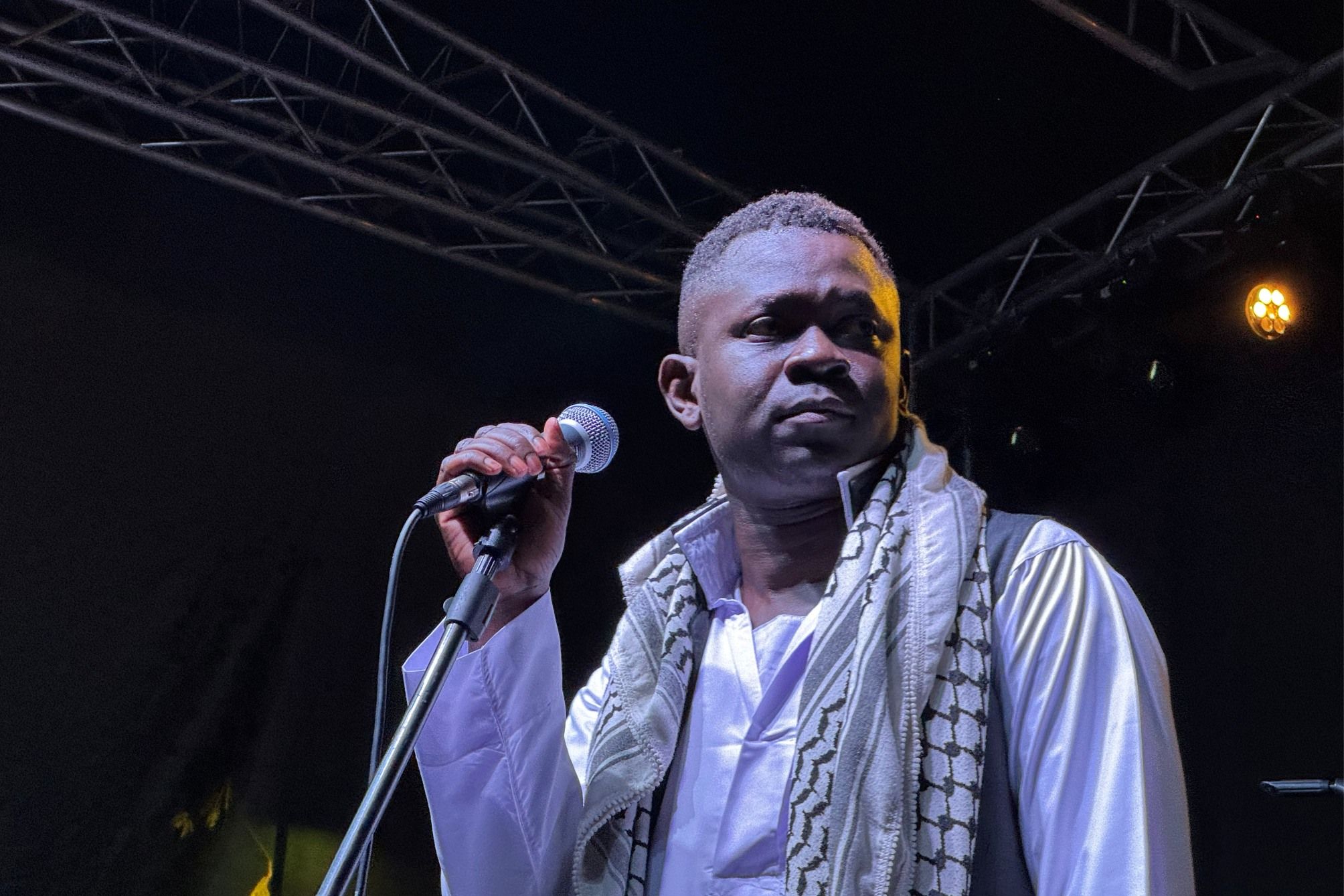For over 50 years, Médecins Sans Frontières (MSF)/Doctors Without Borders has been at the forefront of humanitarian action in Eastern Africa—serving people affected by war, conflicts, epidemics, and natural disasters and providing access to medical assistance. MSF’s 2022 report indicates that they provided more than 4 million vaccinations against measles and 16 million medical consultations. These notable achievements have not been without challenges as the organisation has had to grapple with bureaucracy and insecurity issues. In this conversation, Hassan Maiyaki, the Head of Mission Eastern Africa, shares with us in depth the impact of MSF’s work in Eastern Africa, funding and general support for their work, obstacles encountered in implementing their projects, and what the future looks like for MSF in Eastern Africa.

Q1: Tell us briefly about what MSF does and your role in the organisation.
My name is Hassan Maiyaki. I am from Niger, and the Head of Mission for MSF Eastern Africa based in Kenya. I have a background in nursing and I have been working for MSF for 22 years now. MSF provides care to people affected by war, conflict, outbreaks and epidemics, natural disasters or in places where people would not otherwise have had access to medical assistance.
Q2: Where do you work in Africa, particularly Eastern Africa?
MSF was born out of the experience of doctors working in the Biafra war in Nigeria and today it is still where we run some of our largest medical projects worldwide. According to our 2022 report, 55% of our projects are in Africa, and the countries with our largest programmes are usually South Sudan, DRC and the Central African Republic. In Eastern Africa specifically, we work in Kenya, Somalia, Ethiopia, Uganda, Burundi, Sudan, South Sudan and Tanzania. We also have a regional office here, which supports our global programs as well as supply centres in Kenya and Uganda, where we also have an epidemiological research centre.
Our projects differ in size depending on the medical and humanitarian needs that we identify in different places. For example, in South Sudan, MSF provides comprehensive healthcare in mobile clinics, health centres and hospitals, and we respond to emergencies and outbreaks as they occur. In Kenya, where there is better access to healthcare, we focus on specific health issues such as advanced HIV or addressing the needs of marginalised people in places such as the Dadaab refugee camp.
Q3: I am aware that you recently launched your headquarters here in Nairobi. Why Nairobi?
We have had a regional office in Nairobi for some time, given that it is a humanitarian and media hub, a place for us to mobilise and influence people, and because it is a stable country from where we can support and in some cases, run our regional operations. The office has grown significantly over recent years and now also hosts a number of experts who advise our global operational teams on specific areas. MSF has evolved over the last 50 years. Though we were born in Europe, we are now a thoroughly global organisation and the development of offices, such as the Nairobi office, outside of Europe reflects that change towards the globalisation of our organisation. Being close will allow us to understand the context, the challenges/needs of the people and also enhance people’s understanding of the organisation. Acceptance from the people is very important
Q4: What are some of the humanitarian issues that MSF focuses on in Eastern Africa?
MSF focuses on a broad range of medical and humanitarian issues across the region. Some of the current major impacts on people are the result of conflict, displacement, epidemics and outbreaks. We are also responding to malnutrition. We provide care to survivors of sexual violence, to people who use drugs, HIV/AIDS treatment and counselling, and specific health services to adolescents and young people.
Currently, with the ongoing conflict in Sudan, we have surgical teams in Khartoum providing lifesaving surgical operations to people injured during the fighting. We are also supporting other hospitals with treating trauma injuries, maternal healthcare, measles vaccination in 12 regions in Sudan and also neighbouring countries like Chad and South Sudan where many people are fleeing conflict.
Q5: What is the progress so far? Approximately how many people have you supported?
We recently released our 2022 activity report, which shows all our medical activities for the year per country. As an example, we provided 16,272,300 medical consultations, treated 4,268,600 medical consultations, and 4,124,700 vaccinations against measles. As a snapshot in Kenya, we assisted 3,460 births and treated 3,420 people for sexual violence.
Q6: Have you experienced any challenges in implementing your projects in Eastern Africa? Please mention some of them and how MSF has mitigated them.
We aim to provide emergency humanitarian assistance in some of the most challenging places – so the challenge is something that we are familiar with! One of our biggest challenges is to reach the people who need us the most. The challenge can sometimes come as a result of bureaucratic impediments, or the risk to our teams due to the lack of respect for humanitarian workers by parties to a conflict, for example. We try to mitigate this through ongoing negotiations with all parties to a conflict, or relevant decision-makers in a specific place, for example. We have to assess the situation to ensure that the team is protected and also dialogue with different actors—to help them understand that MSF has no hidden agendas other than serving the population.
Q7: Speaking of support earlier on, do you get any funding from Africans?
Ninety-seven per cent of our funding comes from private individuals all over the world. To retain our independence and ability to act according to humanitarian needs alone, not to any political agenda, we do not take money from governments or institutions that are active in conflicts or contexts where we work. We are already fundraising in Kenya and South Africa, and are looking at other countries in Africa that might work for us. We appreciate every donation that we get from our supporters – large or small.
Diversifying funding is a good thing. It is an opportunity to get more funds. There’s a big need in Africa, and people need to understand humanitarian actors and their work. This can encourage people. The support is not only financial. People can also be involved in different ways like raising awareness on humanitarian work. Also, we have expertise in Africa which can be utilised in developing the continent.
Q8: What would you say is the role of Africans in humanitarian action, especially in our countries?
People from all over the world have a role to play in humanitarian action, and people from all over the world make our work possible. Around 80% of our staff come from the countries where we have projects – they are people who come from affected communities, and given that many of our projects are on this continent, this workforce also includes many people from Africa.
Q9: What is the future of MSF in Eastern Africa?
Our work in Eastern Africa will continue as long as it is needed. We see a picture ahead of pressing humanitarian needs including increasing outbreaks of cholera, malaria, heavy impact of malnutrition, conflict and displacement. We will continue to evolve according to the humanitarian situations that we see - this includes the impact of climate change which we already see is affecting some of the most vulnerable communities. We are also working on increasing our connection with communities and giving them a stronger voice in our work.
Q10: What is your call to action to Africans out there? How can they help?
Across the world, our call to people is the same, in the spirit of shared humanity. We ask those who feel they can to support our work. This can be in the form of sharing our messages to raise awareness of the humanitarian crises that are causing suffering, by bringing their skills and expertise to work for us, or by donating to financially support our work, which is made possible by the support of people like you!




